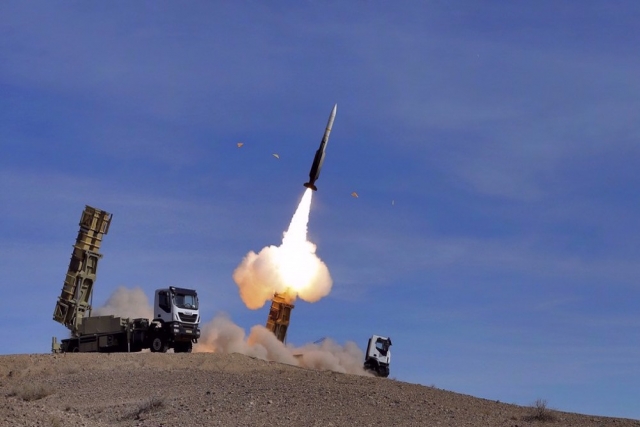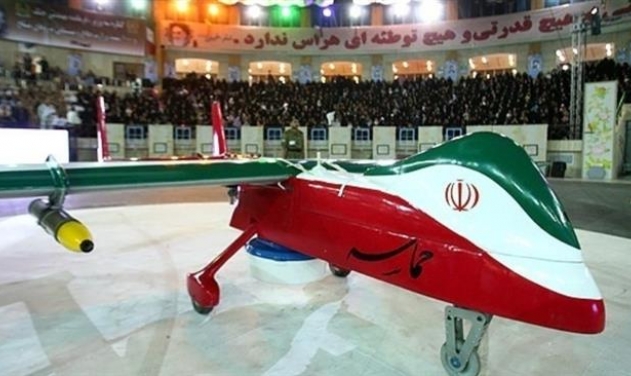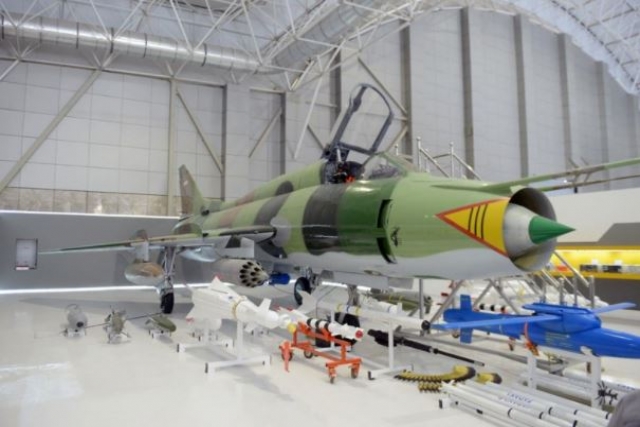Iranian Air Force Drills Showcase Export Potential
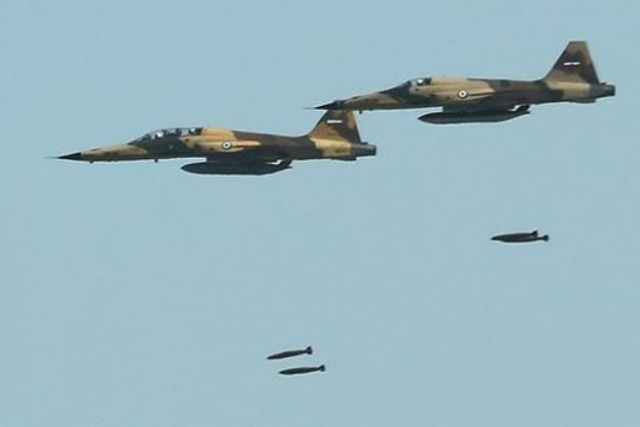
In an attempt to get its regional customers interested in Iranian warplanes, drones and radars, Tehran commenced Monday large scale air force drills involving seven airbases.
The aircraft involved were indigenous Saeqeh (Lightning), besides F-5s, F-7s and F-14s, locally made Kaman (Bow)-14s drones and long range Ghadir radars.
Ever since the end of the U.N. arms embargo which prevented both import and export of weapons, Iran has clearly focused on potential exports and has made no comments on importing weapons from Russia.
Visit: SAHA EXPO, TURKEY -VIRTUAL AEROSPACE & DEFENCE EXHIBITION
Iran’s Unique Selling Proposition is low cost, no Western parts or components which may stall exports, effective usage in battle - in Yemen and Syria where they have challenged superior equipment and kept the Saudi-led coalition armies on their toes. The attack on the Saudi oil refinery in 2019, believed to be by a combination of Iranian-made drones and missiles - that flew under the eyes of massive U.S. surveillance assets - has raised the image Iranian weapons.
Tehran is already conducting negotiations with Iraq, Syria, Lebanon and several other countries in the Middle East, Central Asia and Africa for weapons sales. Iran is said to have sold its Bavar-373 air defense system (equivalent to Russian S-300) and Khordad-3 anti-aircraft missile systems (shot U.S. Navy's MQ-4C Triton drone in June 2019) to Syria.
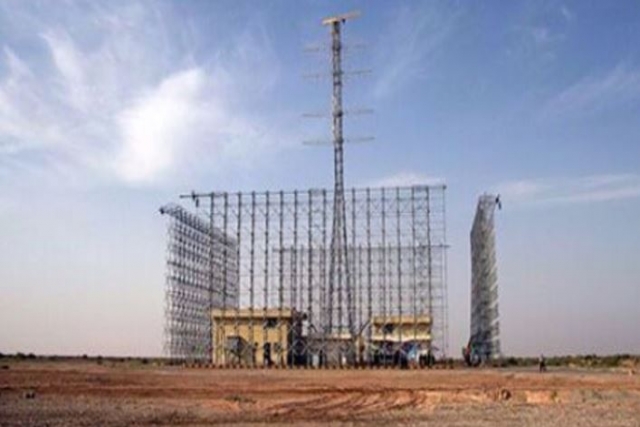
Islamic Republic of Iran Air Force (IRIAF) Drills
Codenamed Fada'eeyan-e Harim-e Velayat-9, the drills began on October 31.
The event’s spokesman Second Brigadier General Farhad Goudarzi said the first part of the main phase of the drills started on November 2. Indigenous Saeqeh jets and F-5s destroyed mock targets with domestically-manufactured rockets, Iranian state-owned PressTV reported.
The F-7s hit its targets using the same rockets as well as smart, precision and stand-off weapons. The aircraft carried out the mission beyond the areas assigned for air defense operations and using innovative tactics, the official noted.
According to the spokesman, F-14 fighters were also aerially refueled by Boeing-707 tanker planes in order to prepare for low-altitude top cover operations.
The IRIAF, meanwhile, engaged in electronic warfare, testing advanced communication systems within safe wire-connected and wireless platforms.
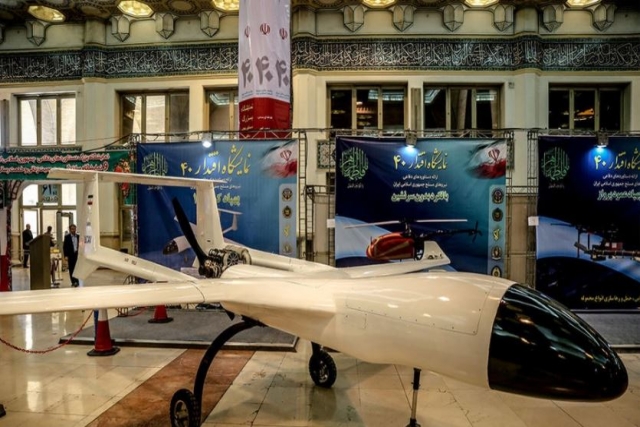
Before the main phase was supposed to go underway, reconnaissance drones, including the indigenous Kaman (Bow)-14s, monitored the assault course with domestically manufactured cameras, gleaning data and conducting electronic wiretapping.
Iran's defense capabilities
Iran possesses expertise in attack and surveillance drones, upgrades of western warplanes such as F-14, F-4 and Mirage fighter jets and C-130 transport aircraft; helicopter repair, producing new missiles and rockets, land army weapons and naval systems. In terms of domestic arms manufacturing ability, Iran is second only to Israel in the Middle East.
It is also set to unveil its first Amphibious Transport Dock (ATD) - helicopter carrier ship this November on Navy Day. In the past few weeks, Iran has revealed several new weapons including: Zolfaqar-e Basir anti-ship missile with a range of more than 700 kilometers; vertically-launched Sepeher, Shahab-2 and Hodhod-4 drones, an armed ground based robot drone- Caracal after a type of wild cat found in parts of Iran; an ingenious kamikaze drone mounted on attack boats among others.
